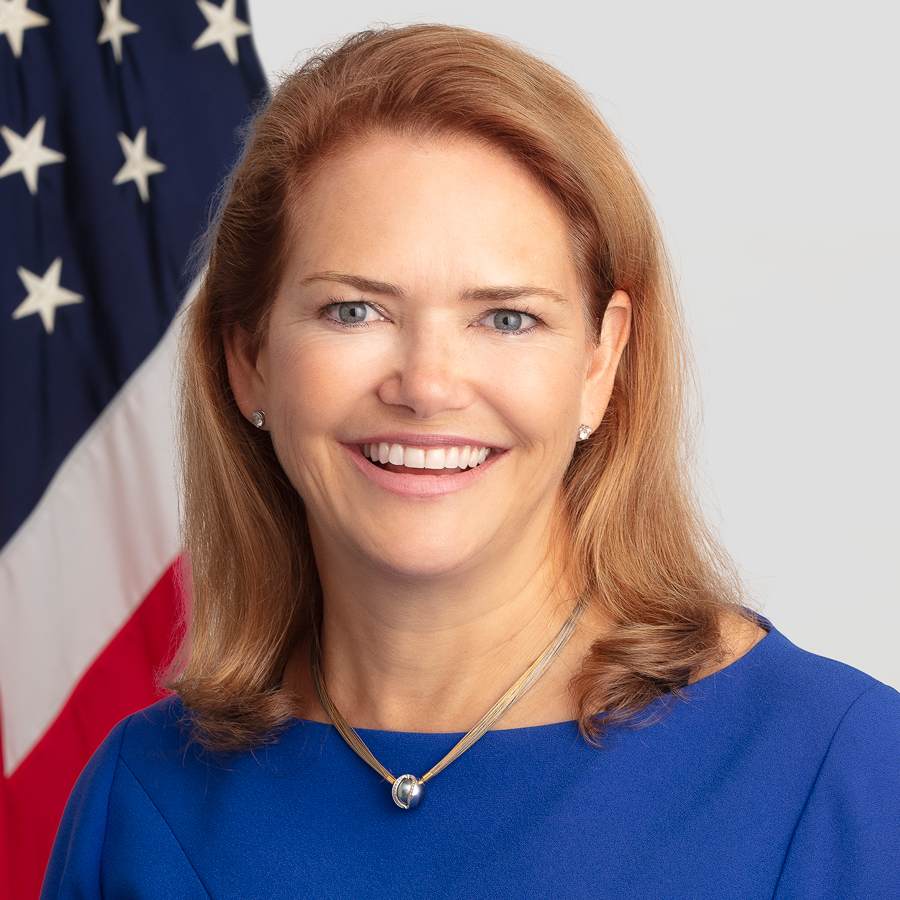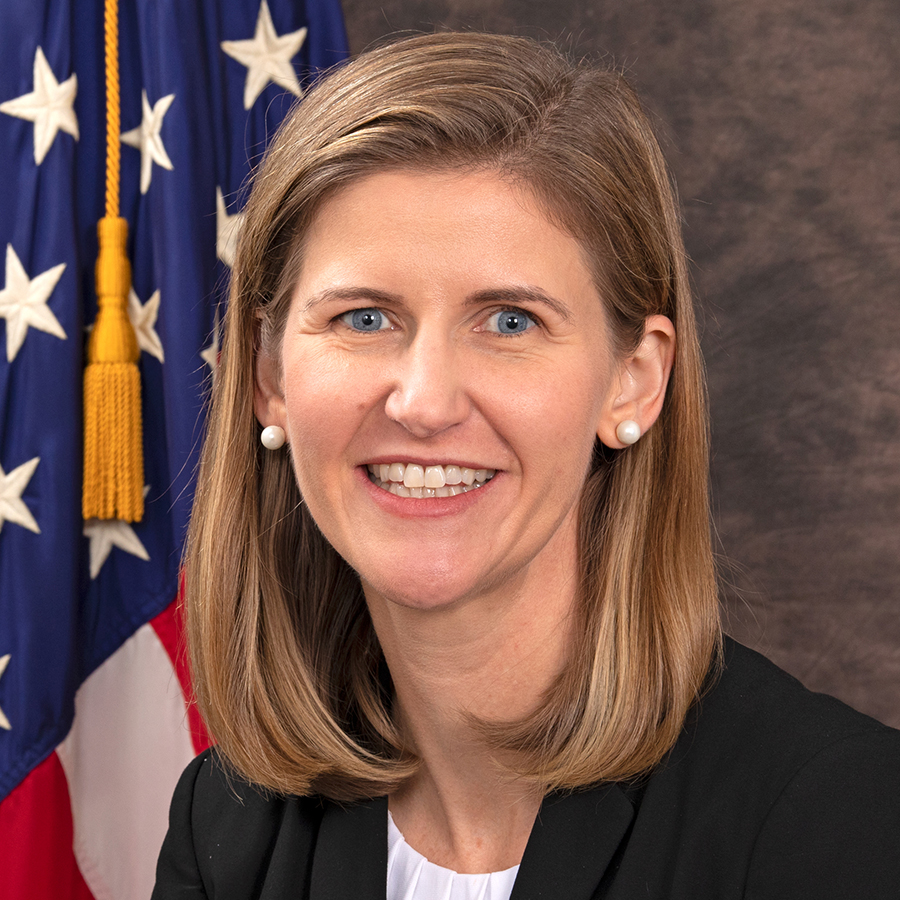FDA Technology and Collaboration for Rare Disease Product Development – FDA.gov
By: Amy Abernethy, M.D., Ph.D., Principal Deputy Commissioner and Acting Chief Information Officer and Janet Maynard, M.D., M.H.S., Director, Office of Orphan Products Development
Patients and their families are the focus of our work at the FDA. We ensure that treatments for diseases are safe and effective. Patients and their families are experts in their diseases and help inform many aspects of medical product development. This is especially notable in rare diseases, where product development can be challenging given the small number of patients affected with a given disease and the potential for limited understanding of the pathophysiology of some rare diseases.
While rare diseases are individually rare, collectively they are not. It is estimated that rare diseases affect 25 to 30 million Americans. Approximately half of rare diseases affect children. Many of these diseases are serious or life-threatening and significantly impact the daily lives of patients and their families.
Recent scientific advances provide new opportunities to develop treatments that may dramatically change the course of a patient’s disease. With these new opportunities come new challenges and considerations for rare disease product development. To optimize rare disease product development, we must collaborate not only across diverse scientific and medical disciplines but also with different stakeholder groups such as patients, researchers, and regulators. We must develop new strategies to collaborate in all phases of biomedical discovery and development.
Last year, the FDA helped bridge some of the gaps in rare disease product development by receiving patient input as a means to tackle some of the difficulties in developing treatments for rare diseases. Specifically, the FDA hosted a public meeting on April 29, 2019: “Patient Perspectives of the Impact of Rare Diseases: Bridging the Commonalities.” This meeting gave us the opportunity to hear patient and caregiver perspectives on the impact of rare diseases on daily life. This allowed us to assess commonalities across rare disease experiences that may help the FDA and medical product developers advance the progress of rare disease treatments.
Looking forward, we will build on existing rare disease collaborations and strengthen the information technology process in the FDA’s Office of Orphan Products Development (OOPD). Today, we are pleased to announce two actions that support our efforts:
- The FDA will host a public meeting on February 24: “FDA Rare Disease Day 2020: Supporting the Future of Rare Disease Product Development.” The meeting will focus on several topics. First, the FDA wants to hear from rare disease stakeholders, including patients and caregivers, clinicians, and researchers, on strategies to optimize registry and natural history data collection. Second, the FDA wants to hear from stakeholders about opportunities and challenges when developing medical products for diseases or conditions that only affect one person, or just a few. FDA staff will also offer their perspectives on these topics. We invite anyone who is interested to participate in this public meeting.
- The FDA will strengthen the information technology processes in OOPD in an Orphan Drug Technology Modernization effort. This effort will build on the FDA’s Orphan Drug Modernization Plan from June 2017 and will streamline the orphan drug designation request process by moving from a paper-based process to a new cloud-based online submission portal. The new online portal will allow sponsors to submit orphan drug designation requests electronically. We expect the portal to be available later this year. This effort is an example of the FDA’s commitment to broader efforts in overall technology modernization across the FDA.
The Orphan Drug Technology Modernization effort will allow for a more connected information technology system, advanced analytics, and improvements in facilitating knowledge management. In addition, it will provide external sponsors with more efficient submission of documents and enhanced direct communication with the FDA. The Orphan Drug Technology Modernization effort includes not only the development of the cloud-based external submission portal, but also implementation of a new workflow management tool. The workflow management component will establish and facilitate a defined set of tasks necessary in review of an orphan drug designation submission. It will also enhance collaboration, integration, and automation during review and processing of requests. It is a key part of the effort to modernize the informatics system we use to process incoming requests.
Importantly, the foundation of these technological enhancements is supporting the development of safe and effective products for rare disease patients and families. While each patient and family have their own story, and each product development program has its own unique considerations, there is strength in building across these stories and considerations to find commonalities. The February 2020 meeting will promote the synergy and collaboration that are critical to rare disease product development. Further, it will work with other FDA efforts to identify new opportunities, challenges, and solutions in rare disease product development. For example, the FDA’s Center for Biologics Evaluation and Research is organizing a public workshop, to be held on March 3, 2020, titled “Facilitating End-to-End Development of Individualized Therapeutics.” The purpose of this workshop is to foster development of individualized therapeutic products for the treatment of one individual or a very small number of patients, based on engineering a product aimed at the specific mechanism underlying a patient’s (or small group of patients’) illness.
We are excited about these upcoming opportunities to engage directly with the rare disease community and support rare disease product development. Working together we can further advance optimal rare disease product development and support safe and effective medical products that have a positive impact on the lives of patients impacted by rare diseases.









